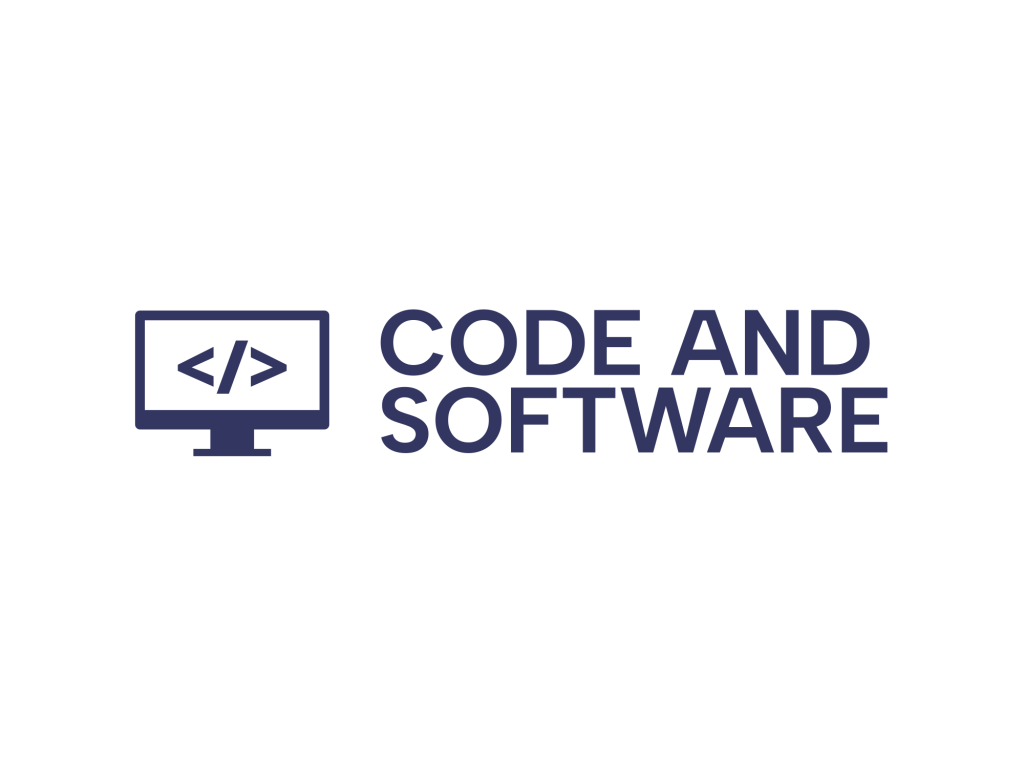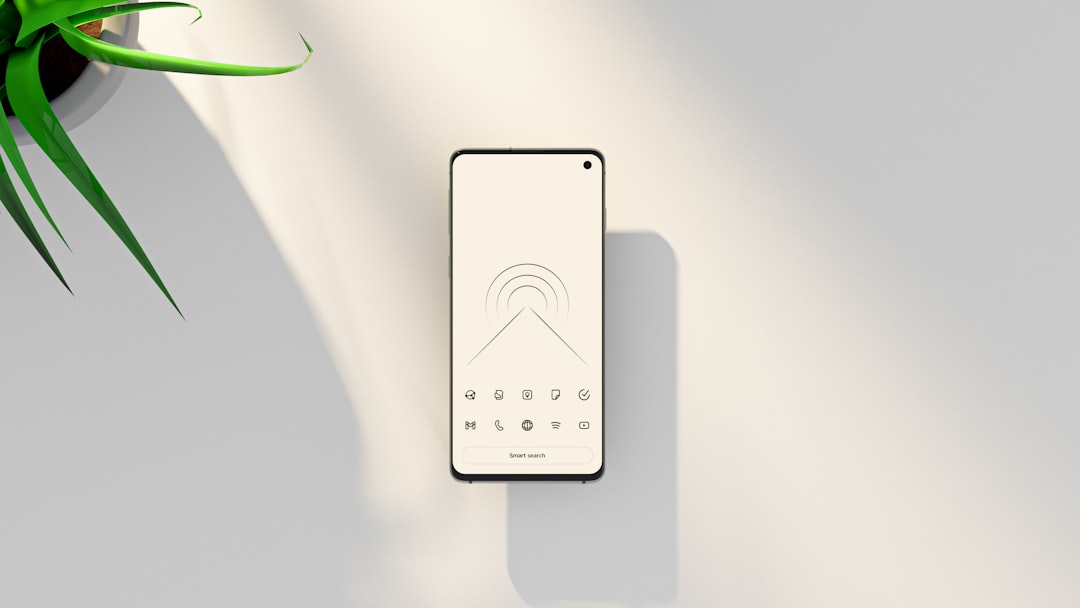As more businesses prioritize digital inclusivity, having an accessible website is no longer optional—it’s a necessity. The growing integration of artificial intelligence in web design has led to the rise of powerful AI-powered accessibility widgets. These tools enhance user experience for people with disabilities, ensuring websites meet compliance standards like WCAG, ADA, and Section 508 while also broadening their reach. Here are the 10 best AI-powered accessibility widgets for websites in 2025 that combine innovation with real-world functionality.
1. accessiBe
accessiBe remains a leader in web accessibility. Its AI engine automatically analyzes and adjusts content for screen readers, keyboard navigation, and other assistive technologies. It offers an intuitive interface and ensures ongoing compliance with WCAG 2.2 and ADA standards.

2. EqualWeb
EqualWeb provides a hybrid solution combining AI automation with manual remediation services. Its widget supports multiple languages and features voice commands, text enlargements, and color adjustments, making it suitable for global audiences.
3. UserWay
UserWay employs AI to monitor and fix accessibility violations in real time. It features customizable widgets, seamless CMS integration, and a detailed accessibility audit tool. UserWay’s reputation is further bolstered by strategic partnerships and high-profile case studies.
4. SiteImprove Accessibility
SiteImprove offers a robust AI-enhanced toolkit focusing on accessibility, SEO, and content quality. The platform continuously scans and updates the website for compliance issues, providing actionable insights through an easy-to-navigate dashboard.
5. AudioEye
AudioEye combines automation with manual web expert evaluations. Using AI, its widget adapts web elements such as navigation menus and forms to be more accessible. It’s a trusted solution for enterprises needing scalable accessibility.
6. EqualEyes AI
EqualEyes AI is a relative newcomer but is rapidly gaining attention for its AI-driven insights and personalized user accessibility settings. Its machine learning models adapt to user preferences, offering a tailored experience every time someone accesses the site.

7. AccessibilitySpark
AccessibilitySpark is designed for small to mid-sized businesses. Its widget uses AI to detect and fix compliance issues within minutes. It also includes customizable user preferences for visual impairments, cognitive disorders, and more.
8. MaxAccess by Online ADA
MaxAccess offers a scalable and affordable solution using machine learning to detect visual and structural web issues. The widget can translate site accessibility features into more than 15 languages and supports auditory, visual, and motor impairments.
9. TruAbility
TruAbility uses cognitive AI to intelligently update content in ways that preserve context and user engagement. It goes beyond simple overlays by deeply integrating with the website’s architecture for long-term accessibility success.
10. AllAccessible
AllAccessible uses next-gen AI to create a scalable accessibility tool ideal for e-commerce websites, where layout and content are constantly changing. Its predictive AI models anticipate user limitations and adjust website behavior accordingly.
Why AI Accessibility Widgets Matter in 2025
With increasing emphasis on inclusivity and global access, failing to provide accessible digital content can result in legal ramifications and brand reputation damage. AI-powered widgets reduce the cost and time associated with manual compliance processes while providing a dynamic, responsive solution.
- Efficiency: Automatic detection and remediation of issues in real-time reduce manual workloads.
- Scalability: Suitable for businesses of all sizes, from startups to enterprises.
- Customization: Widgets offer users control over how they perceive and interact with content.
- Legal Compliance: Ensures ongoing compliance with evolving accessibility standards.
Moreover, these tools help businesses tap into a broader audience, which includes over 1 billion people worldwide living with some form of disability. By adopting these AI-enhanced tools, website owners not only fulfill their legal obligations but also foster a more inclusive digital environment.
Final Thoughts
The future of web accessibility lies in intelligent adaptation. As AI continues to evolve, these widgets are becoming more than compliance tools—they’re acting as digital bridges toward greater equity online. Choosing one of these top 10 solutions in 2025 helps ensure your website is not only technically accessible but also truly inclusive.


Leave a Reply